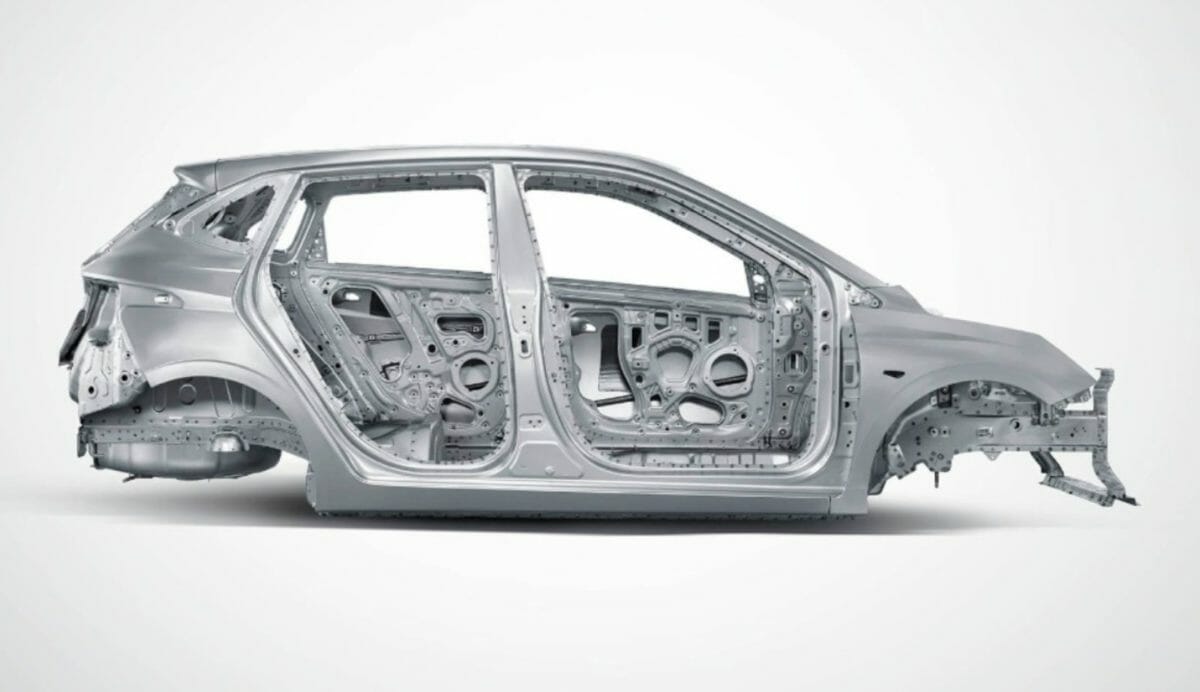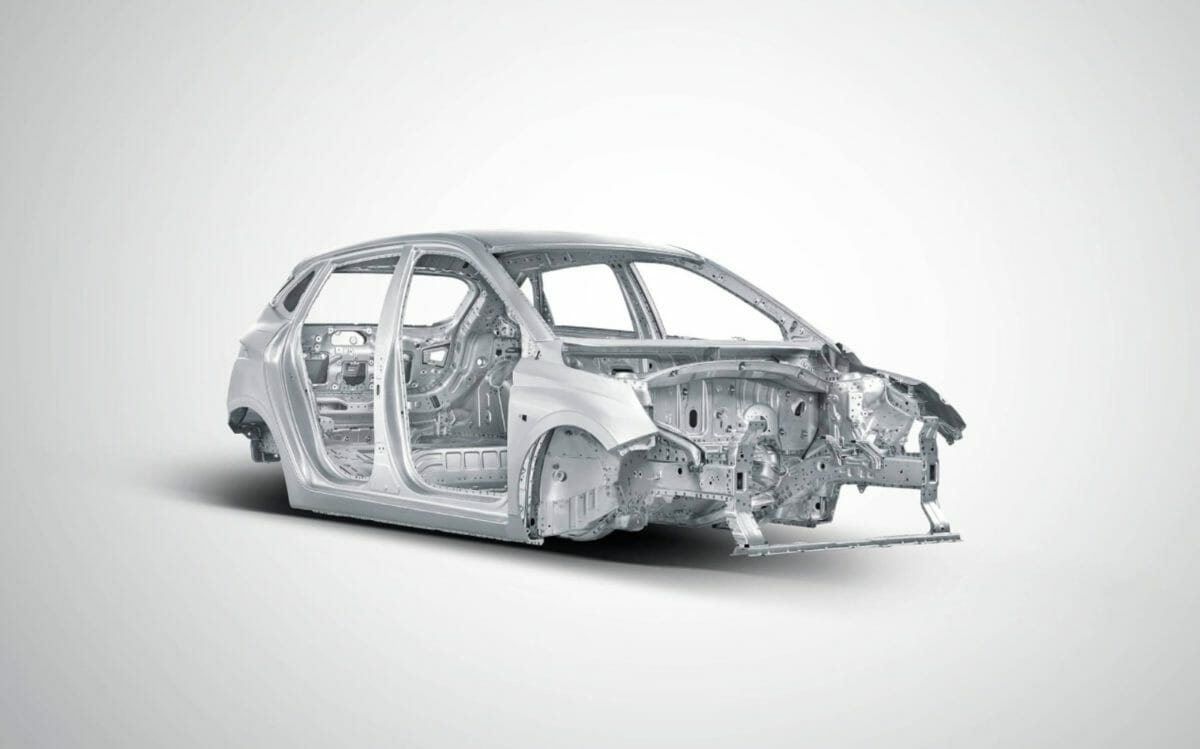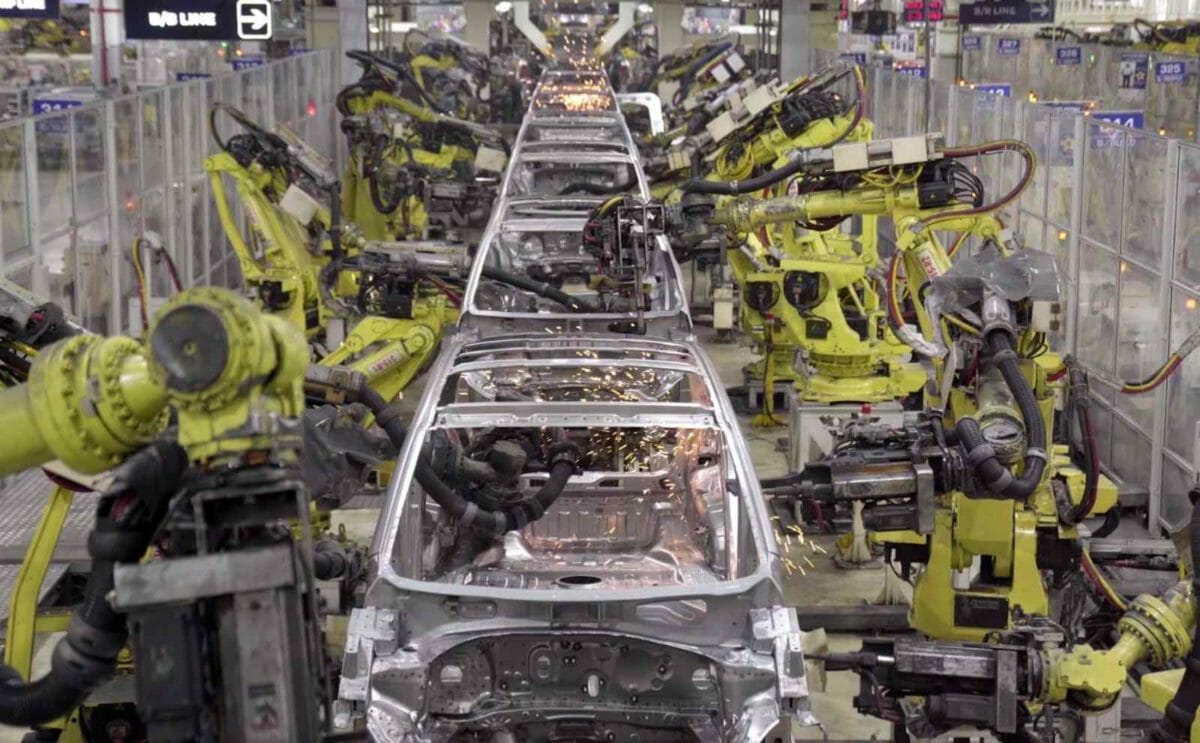Hyundai Motor India Ltd has showcased its Manufacturing Excellence through the origins of the all-new i20. The upcoming Hyundai Elite i20 has been one of the most anticipated hatchbacks of 2020. There are several reports claiming that the new Elite i20 has already arrived at select dealerships in India. Hyundai is prepping for the launch of the new i20 and recently revealed its first design renders as well.
Official statement
Commenting on the occasion, Mr Ganesh Mani S, Director – Production, Hyundai Motor India Ltd., said, “As an organization that is committed to giving customers Quality Time, our focus has remained on ensuring supreme levels of manufacturing excellence. This has perfectly culminated in the all-new i20, delivering robust and reliable performance. With our 24-year rich manufacturing heritage of ‘Make in India’, the all-new i20 is yet another benchmark brand from Hyundai that is an edge above the rest.”
The Robust Structure
- Featuring an extensive application of 66 % Advanced & High-Strength Steel, Hyundai has created a Robust Superstructure to enhance crashworthiness and make the car lighter.
- This superstructure is created using 5,400 Tons Stamping at the Press Shop
- Incorporating Online Condition Monitoring systems to monitor machine vibration, Hyundai offers enhanced process quality, changing shapes of metal in elegant curves & creases.
- The use of advanced Digital gauge to check the Panel thinning distribution – Crack, Neck Prediction methodology that helps in manufacturing ZERO Crack panels.
- Hyundai has used ‘High-quality grade coils’ for sculpturing aesthetics and modern look of the all-new i20.
- Use of 3D scanning of Parts – to analyse and strengthen the press panel parts accuracy and precision

The impeccable appeal
- The all-new i20’s dynamic and futuristic appeal is created at the Body Shop on the Global Body Build Line.
- Using technology-enabled high-quality welding process that features over 450 4th Gen Robots offering 100 % Weld Automation with over 4,000 welding spots in each car, and more than 70 cars being processed every hour
- Robots on the Line offer a glimpse of the flawless manufacturing process that gives a definitive shape to the origins of the all-new i20.
- Body shop has three-stage advance quality confirmation where our quality system is enabled with ‘Quality 4.0 techniques’
- Intelligent weld monitoring
- Real-time weld quality confirmation system [Colour tip sensor]
- Real-time sealer quality confirmation system
- In house Data scientists in shop floor apply Deep learning techniques for Quality confirmation of Mastic Sealer through Vision Inspection system

The Vibrant Charisma
- Vivid and striking colours of the all-new i20 are curated at the Paint Shop where High Throw Power 7th Generation Electro Deposition Paint is applied for long-lasting Rust Warranty and corrosion resistance.
- The vibrant charisma of the all-new i20 is processed in a seamless automation line that features 72 Robots ensuring the conformity to supreme quality standards and long-lasting stylish & glossy looks.
- Using an Anode Cell Current Monitoring system, Hyundai has enhanced the paint application quality through an Online Current monitoring method.
The Dynamic Performance
- Through immense research, hours of design, validation and testing of multiple iterations of operating condition, the all-new i20 has been prepared to offer rip-roaring performance.
- To give these engines robust performance, Hyundai has employed technologically superior treatment that enhances its performance on road.
- The in-house Endurance lab tests the performance with load condition for 849 Hours and without load condition for 5 lakhs cycles for transmission systems, and over 350 hours for the Engine system, to ensure enhanced durability
- Hyundai also employs a Cold Test Bed that is an eco-friendly way of testing the engines over 15 parameters, without burning fuel. It is a fully automated system in which 100% of the produced engines are tested before assembling in vehicles.
- At the Powertrain Shop, Hyundai manufactures both diesel & petrol engines using 700 CNC Machines with Integrated SPC (Statistical Process Control).
- With High-Speed Vision (60 frames/ minute) 58 Engine parts are verified, offering robust Quality for a Pleasurable Driving Experience.
Also read: First Official Design Renders of the Next-gen Hyundai i20 Revealed

The Paradigm of Quality
- To drive enhanced convenience and confidence, Hyundai’s assembly lines are ready to convert robust shells into fully functioning cars in the Assembly Shop.
- Here 80% of the car’s parts are fixed, preparing it through a 100% systemized 3 stage dynamic tightening confirmation that features:
- Electric tool tightening 700+ dynamic joints per car (safety and critical parts)
- Re-confirmation system across all the line (Trim, Chassis and Final line)
- Tightening quality and Sign-off interlock to ensure zero defect vehicle rollout
- Additionally, systemized part feeding method is used for maintaining quality in feeding and assembly operation using:
- Global Part Traceability Information System
- Advanced Part Management System
- Mobility Sequence Feeding System
- Trolley Scheduling System
- Through a 324-point check in HIDIS (Hyundai Integrated Digital Inspection System), Hyundai is ensuring the highest levels of conformation to quality standards.
- Each and every vehicle that rolls of the assembly line – right from the stage of panel press to complete vehicle roll out is thoroughly inspected by over 500 quality in-charge experts.
- Vehicle final inspection method is digitally enabled for assembled part specification/ type verification.
- The all-new i20 then undergoes a dynamic road test on 18 drive tracks for various road driving conditions as well as a unique leak test that is equivalent to driving through rain/water pressure that exceeds the heaviest recorded monsoons, with a shower condition of 60mm per minute or 3,600mm per hour at a pressure of 3bar.
